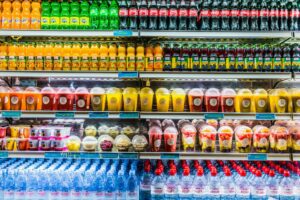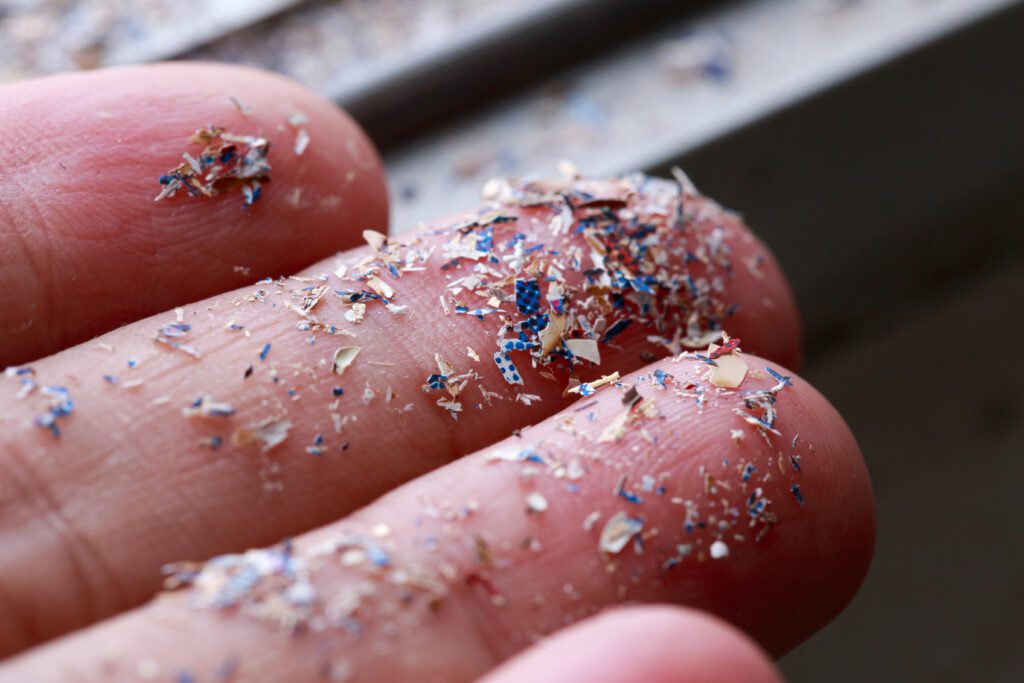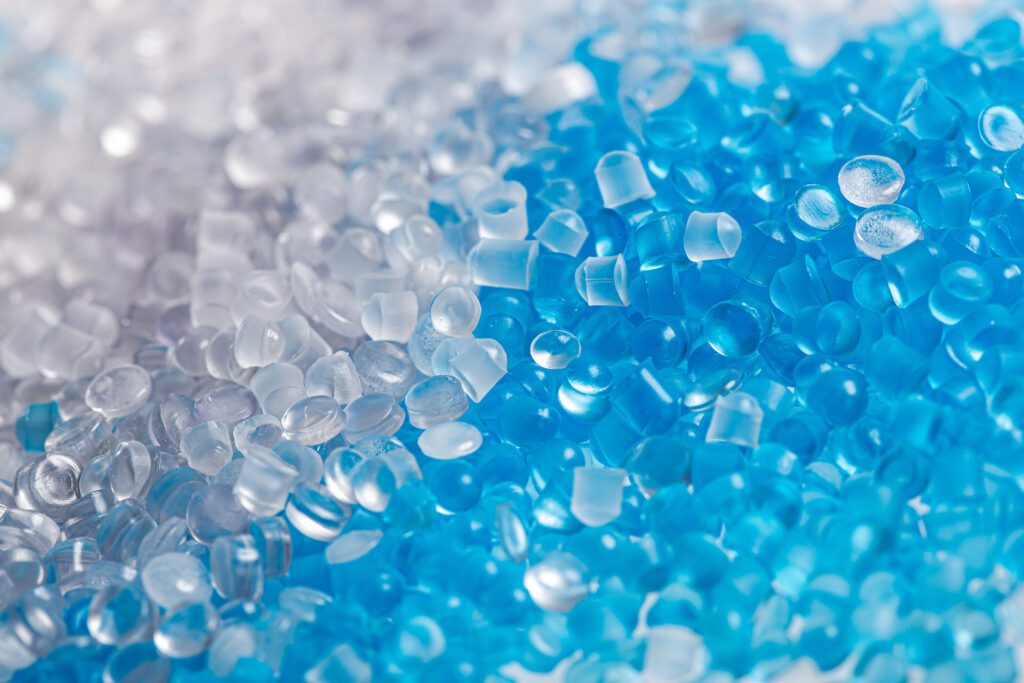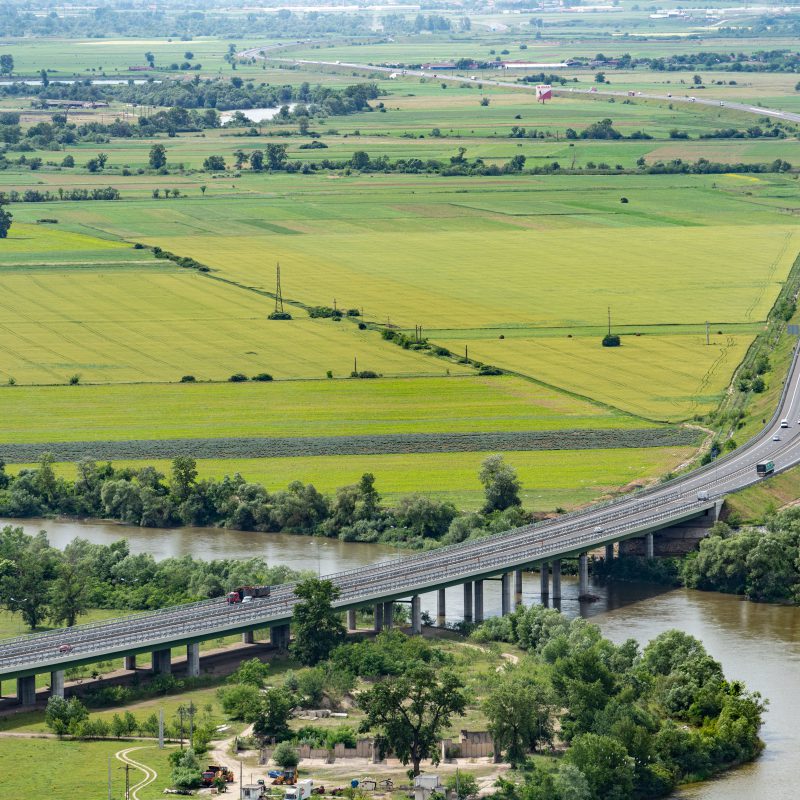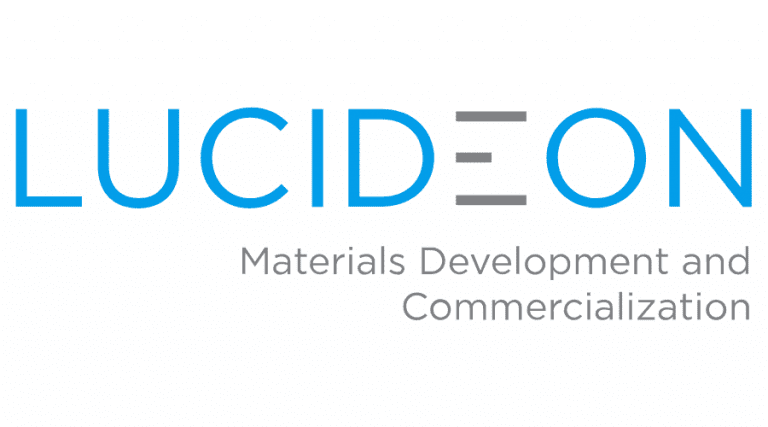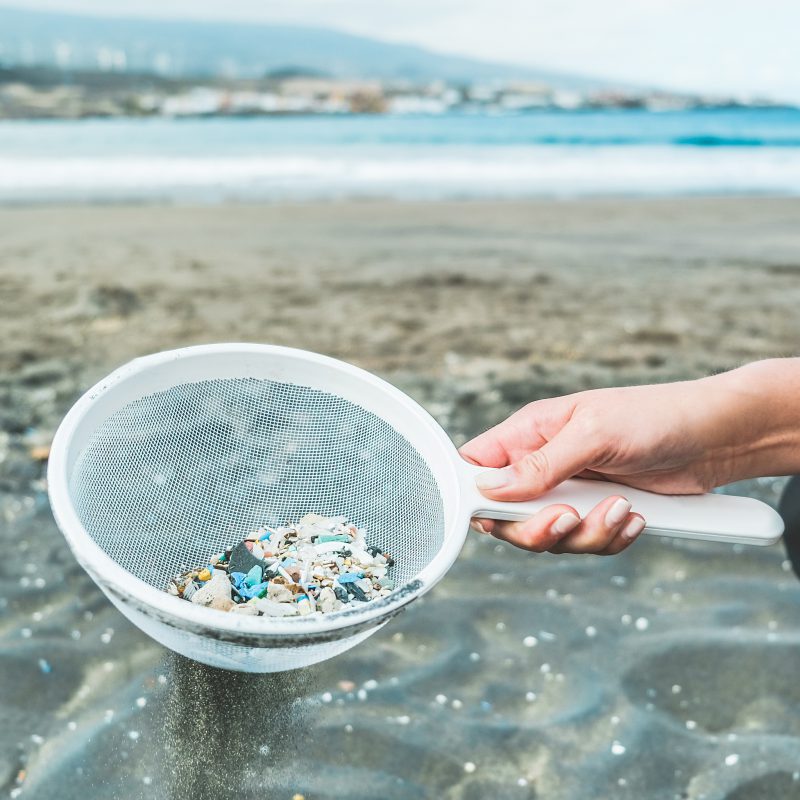What are microplastics?
Microplastics are defined as solid plastic particles less than 5mm in size. In recent years, microplastics have become recognised as a widespread and pervasive environmental pollutant, present globally within water, soil and the air.
Microplastics may be either primary (designed and manufactured to be of a small size) or secondary (broken or shed from larger items). Research is currently being carried out to understand where and how microplastics form, disperse and accumulate within the environment. Additionally, work is underway to understand the environmental and ecological implications of microplastics, including considering health effects on both wildlife and humans.
While microplastics may have unintended consequences if they end up within the environment, microplastics, and the larger plastics that can form them, have myriad useful and often essential applications. It is therefore crucial to ensure that society can continue to reap the benefits of these materials, while limiting any negative consequences. This requires having sufficient knowledge to inform our future actions, and the capabilities to act on this knowledge. To further progress the research and develop novel technologies, solutions and mitigation strategies to reduce environmental input and hazard, will require concerted interdisciplinary efforts. As such, this network aims to link those who are approaching this issue from multiple angles, including academia, government, industry, charities, consultancies and more.


